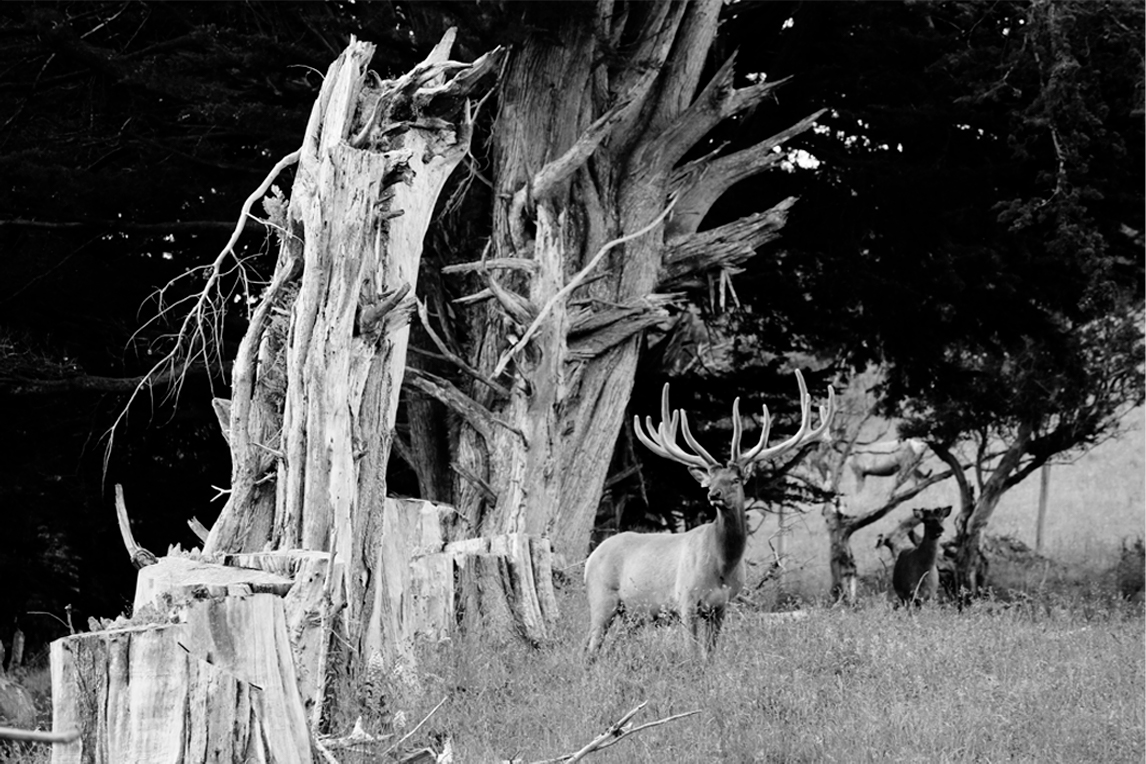Feb 3, 2022
OSPRI is consulting to increase its levies and other funding >>
To complete current work on the NAIT system additional funding is required. This work includes finishing the major database upgrade that is currently underway to make the system easier to use. The upgrades will also ensure the system is fit to manage any type of animal disease.
NAIT is the mandatory system to identify and trace cattle and deer in NZ. The programme is funded from four streams: cattle tag levies, cattle slaughter levies, direct contribution from the deer industry, and a government contribution. There is also a levy on impractical to tag animals, both cattle and deer, which is not proposed to increase.
OSPRI is proposing increases to the four streams of funding, taking the annual funding for NAIT from $7.875m in 2021/22 to $16.042m for 2022/2023. It is worth noting that even at that level, NAIT would operate at a shortfall until 2024.
In the 2020/2021 year, the funding proportions were 72% industry funding and 28% government funding. The proposal aims to return to the original cost split of 35/65 for government and industry, respectively. Instead of tag and slaughter levies, the deer industry has chosen to pay our part of the cost directly from DINZ to NAIT. This industry contribution is proposed to continue at 2% of the total funding. Under the proposal, the government contribution would go from $2.14m to $5.54m, the deer industry contribution would go from $120k to $320k, and the balance would be made up by cattle tag and slaughter levies.
The key parts of expenditure that have been identified in the consultation document are:
- Replacing the database,
- Improve support for farmers, including regional networks,
- Improved use of data for education and compliance activities,
- Improve data accuracy.
If no additional funding is secured, OSPRI advises that the focus would be on replacing the NAIT database. Accordingly, there is a risk for:
- limited improvements to data accuracy issues affecting the performance of NAIT, particularly in the event of a disease outbreak.
- a significant reduction in support to farmers, with extended wait times in the Support Centre.
- a heavy reliance on fines and prosecutions to maintain NAIT compliance.
- no future investment to enhance the NAIT database.
DINZ, and other stakeholders, have for some time been stressing that the database and its interface is making compliance more difficult than necessary. As such we support the work that is currently underway to improve the system in the background and recognise that it will need additional funding. We have been urging OSPRI to ensure that costs are minimised and that the focus must be on improvements to the database, not on developing additional services that OSPRI feel might be of value to farmers.
DINZ will submit on behalf of the deer industry, but you can also make your own submission through the link above. To ensure we have a system that works for deer farmers we need to hear your views, especially on:
- system functionality,
- the importance of regionally based support staff (as opposed to the central call centre),
- the appropriate balance between education and enforcement, and
- the proposed level of cash reserves.
Please provide your feedback to Emil Murphy, Science and Policy Manager emil.murphy@deernz.org

